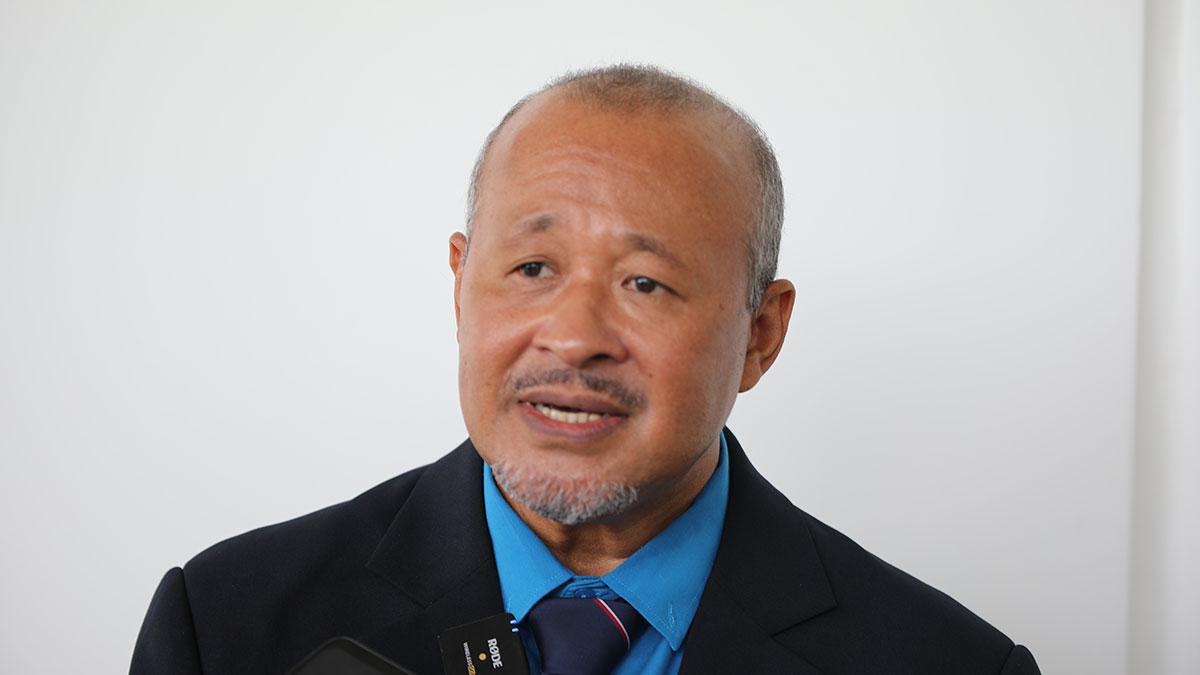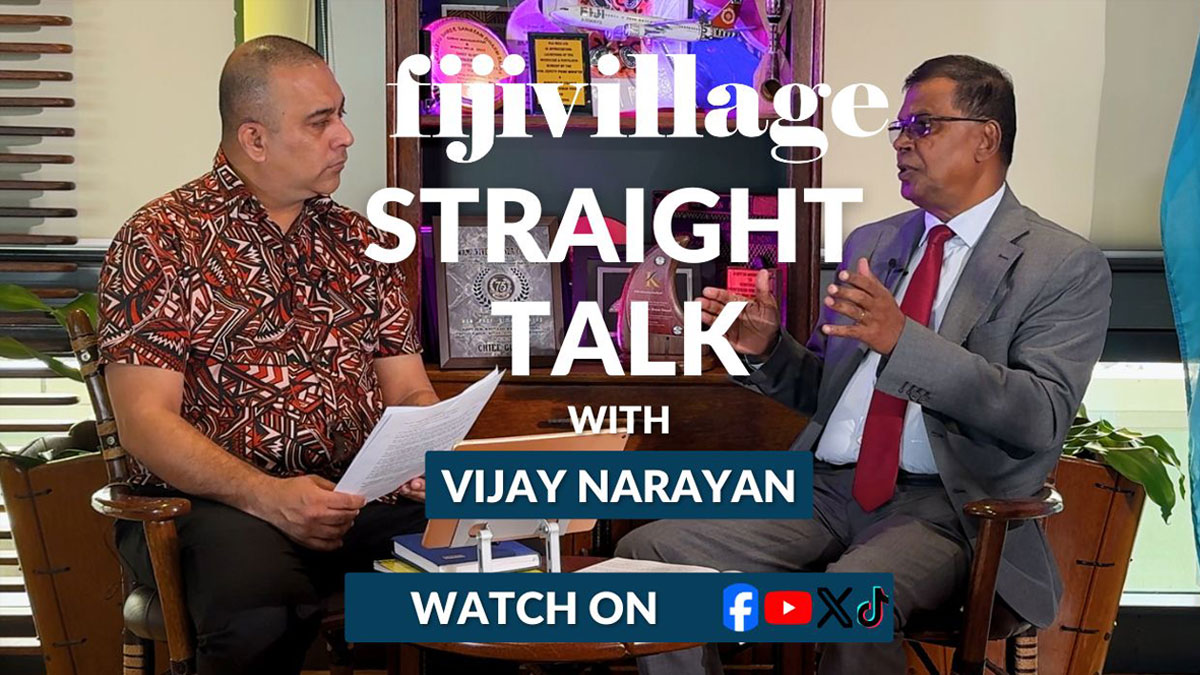
Farming is vital to Fiji's economy as it provides food security, income and employment.
This was highlighted by the Permanent Secretary for Agriculture Dr. Andrew Tukana while opening the Financial Services for Agriculture Discussion Forum at the Grand Pacific Hotel.
He says it supplies food to the tourism industry, inputs for food processing and makes a significant contribution to exports.
The Permanent Secretary says indirectly, as much as 84 percent of the rural population are involved in agriculture and/or fisheries, even if farming is not their main occupation.
He says non-sugarcane agriculture contributed 8.2 percent of GDP in 2021.
Dr. Tukana says the Fiji Agriculture Census (2020) recorded a total of 70,991 agricultural households involving a population of 300,861 (35% of the total population of Fiji).
He says the Household Income and Expenditure Survey (HIES) report 2019/2020 indicated that as many as 40 percent of households engaged in subsistence farming and 23 percent of those engaged on as agricultural wage salary earners were considered poor.
The Permanent Secretary says Fiji consistently runs an agriculture trade deficit in excess of $300 million.
He says without accelerated growth in the agriculture sector and the agri-food industry, Fiji will be unable to achieve its Sustainable Development Goals, especially the goals of reducing poverty, eliminating hunger, and raisıng incomes.
Dr. Tukana says the increase in agricultural productivity can enhance food security, reduce poverty, create jobs, and foster economic growth.
He says investments in agricultural value chains will be needed to counter current low levels of productivity.
The Permanent Secretary says most of this will come from the private sector, as this is where farmers, suppliers marketers, and processors meet.
He says finance will be needed for large investments such as mechanisation, climate smart technologies, processing facilities, and agri-food logistics.
Dr. Tukana says smaller investments will help farmers and agriculture-based micro, small and medium enteprises (MSMEs) to increase their productivity while reducing their environment impact and addressing climate risks.
He says at present, most farmers depend on their own, and family, financial resources as they have limited access to credit.
Dr. Tukana says the financial sector in Fiji is not well set up to support investment in sustainable agriculture as banks, microfinance institutions, and institutional investors have traditionally provided very limited resources for farming.
He says their agriculture loans and investments portfolios are low compared to the agriculture sector's share of GDP.
The Reserve Bank of Fiji sets a target of just 4 percent of total loans to go to the agriculture sector, yet even with this low target, in practice the sector receives perhaps only 2 percent of the total value of commercial loans.
The Permanent Secretary says neither commercial banks nor the emerging microfinance industry is willing or able to sufficiently meet the financial needs along agricultural value chains, which leaves commercial farmers and agricultural SMEs underserved.
He says given the public goods benefits of an expanding agriculture sector, there is a case for government intervention to increase the availability of finance for farming investments and cash flows.
Dr.Tukana says however, finding the right incentives to increase the provision of sustainable financial services for agriculture is particularly challenging.
He says the complicated environmental structural, and production features of agriculture limit the demand for, and supply of, credit and insurance, despite efforts by the RBF, the Fiji Finance Industry, and development partners to find solutions.
The Permanent Secretary says nevertheless, given the systemic importance of agriculture to the achievement of national economic and social objectives,we need to keep working to identify more innovative and market-based approaches that can reach many more clients in the agriculture sector.
He adds that he knows that the Reserve Bank of Fiji, Fiji Development Bank and Commercial Banks are all working towards this.
Stay tuned for the latest news on our radio stations

